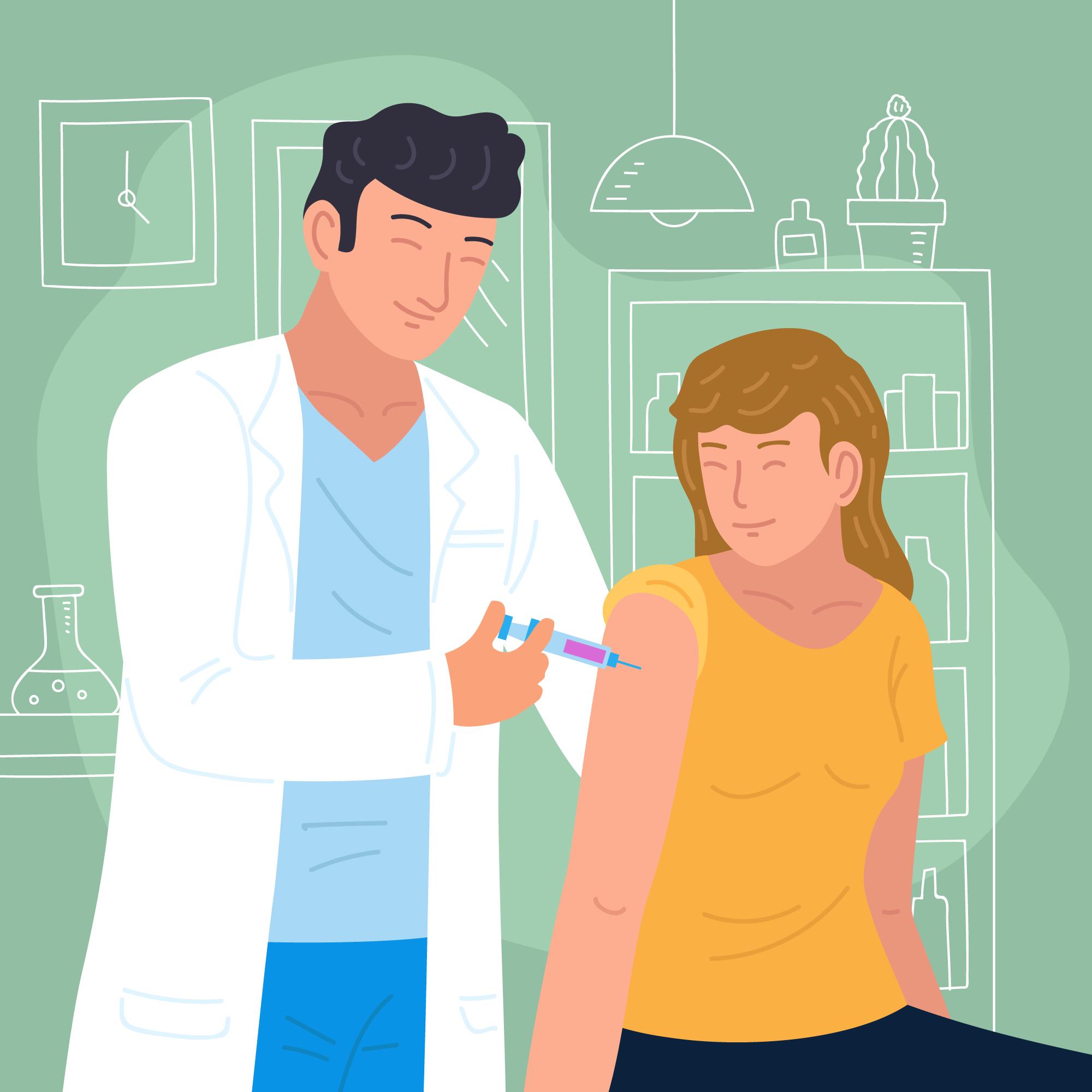
The Role of Hormones in Diagnosis and Screening Methods for Frozen Shoulder
Introduction: Frozen shoulder, medically termed adhesive capsulitis, is a painful condition affecting the shoulder joint. While hormonal imbalances may not directly cause frozen shoulder, they can impact its diagnosis and screening.
In this blog, we’ll explore how hormones influence the diagnosis and screening methods for frozen shoulder.
Understanding Diagnosis and Hormonal Imbalances: Diagnosing frozen shoulder involves assessing symptoms, medical history, and physical examination. Hormonal imbalances, such as changes in estrogen levels, can affect inflammation and joint stiffness, influencing the accuracy of diagnostic tests.
Diagnosis and Screening Methods for Frozen Shoulder:
- Medical History: Healthcare providers inquire about symptoms, past injuries, and medical conditions that may contribute to frozen shoulder development.
- Physical Examination: Evaluating shoulder range of motion, strength, and tenderness helps identify characteristic signs of frozen shoulder.
- Imaging Tests: X-rays, ultrasound, or magnetic resonance imaging (MRI) may be used to visualize structural changes in the shoulder joint, ruling out other conditions.
- Hormonal Assessment: Hormone levels, particularly estrogen, may be evaluated to understand their potential impact on inflammation and joint stiffness.
Understanding Imbalances: Hormonal imbalances can affect the accuracy of diagnostic tests by influencing inflammation and joint stiffness associated with frozen shoulder. Recognizing these imbalances can aid healthcare providers in making accurate diagnoses and developing tailored treatment plans.
Conclusion: While hormones themselves do not directly cause frozen shoulder, they can impact the accuracy of diagnostic tests and screening methods. By considering hormonal imbalances alongside other factors, healthcare providers can ensure timely and accurate diagnoses, leading to appropriate treatment and management of frozen shoulder.
To seek medical advice, always consult a Doctor.
Here are our recommended experts.
To read more on Frozen shoulder. Click Here


